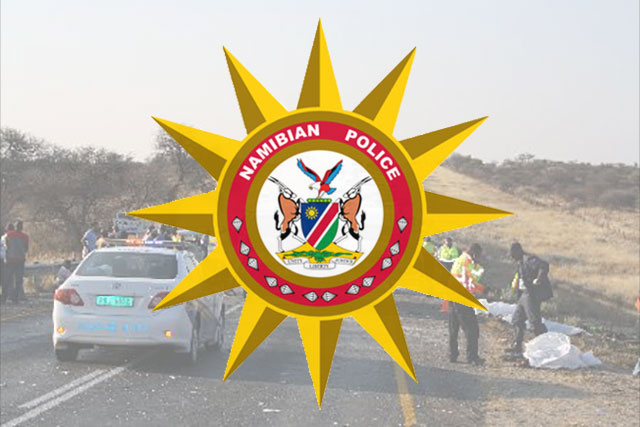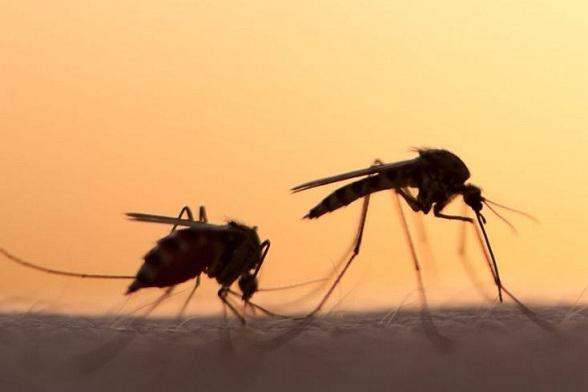The Namibian Red Cross Society requires N$140 million to provide essential aid to 140 000 Namibians suffering from food insecurity in the five regions hardest hit by drought.
The Kavango West, Zambezi, Omusati, Ohangwena and Kunene regions have been identified as the areas hardest hit by drought conditions.
According to a recent report by the International Federation of Red Cross and Red Crescent Societies, Namibia is grappling with one of its worst droughts in recent history.
“A total of 85 000 individuals out of 140 000 targeted by the emergency appeal are among the most vulnerable, facing acute food insecurity and requiring urgent intervention to mitigate the severe impacts of the drought.
“The support provided will encompass a range of assistance measures, including the distribution of food aid, water supply interventions and livelihood protection activities,” the report states.
The report says Namibia’s food insecurity crisis has deepened significantly over the past year.
According to the drought response plan, approximately 1.2 million Namibians – roughly 40% of the population – are experiencing high levels of acute food insecurity.
This marks a dramatic increase from the 491 000 people (19% of the population) who were projected to face food insecurity during the same period the previous year.
The report further warns that food insecurity is expected to worsen from July to September 2024, affecting an additional 8% of the population.
This would bring the total number of people facing serious food shortages to approximately 1.4 million, or nearly half of the country’s population.
The Acute Food Insecurity analysis has projected that a total of 85 000 Namibians are expected to be in the critical phase four in terms of hunger.
Phase four out of five means that people are facing extreme food shortages, acute malnutrition, disease levels are excessively high and the risk of hunger-related death is rapidly increasing.
Coordinator of the basic income grant campaign, Rinaani Musutua, says Namibia, as the driest country in sub-Saharan Africa, needs to continue to be prepared for recurring droughts, a challenge the government is well aware of.
“This is a sign of poor leadership and a lack of concern for the needs of the Namibian people. It’s the poor leadership that has brought us to where we are right now, where the government can’t feed its own people,” she says.
“It’s a shame that the government has not managed to protect people’s livelihoods by providing efficient social grants such as the universal basic income grant which would have cushioned people against the harshness of recurring droughts,” Musutua says.
Stay informed with The Namibian – your source for credible journalism. Get in-depth reporting and opinions for
only N$85 a month. Invest in journalism, invest in democracy –
Subscribe Now!







